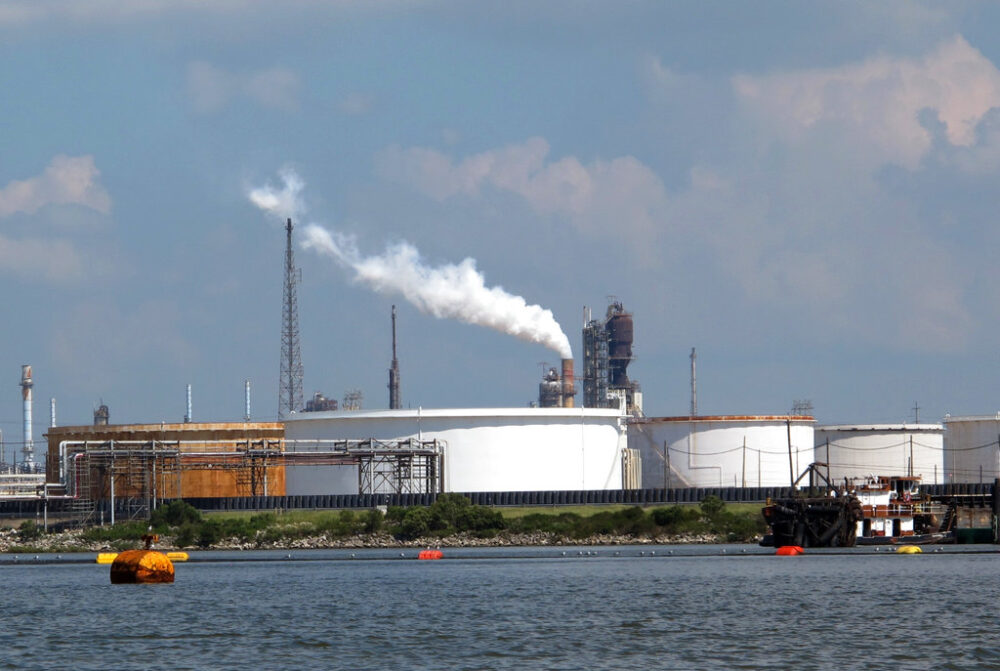U.S. Supreme Court declines to hear Exxon’s appeal over $14.25 million penalty for Baytown
June 30, 2025

The U.S. Supreme Court on Monday declined to take up ExxonMobil’s appeal regarding a multimillion-dollar penalty against the oil and gas giant for thousands of environmental violations at its Baytown petrochemical plant.
The Supreme Court’s denial means a December ruling from the U.S. 5th Circuit Court of Appeals will remain in place. The appeals court upheld a $14.25 million penalty against Exxon for more than 16,000 Clean Air Act violations at its Baytown refinery east of Houston, which released more than 10 million pounds of pollution during an eight-year period.
The case had been pending since 2010, when Environment Texas and the Sierra Club sued Exxon in a federal court in Houston on behalf of impacted residents. The $14.25 million penalty, which Exxon must pay to the federal government, is the largest civil penalty issued in a citizen-initiated lawsuit to enforce the Clean Air Act, according to the plaintiffs.
“It’s a tremendous victory for ordinary citizens who live next to illegally polluting plants,” David Nicholas, an attorney for the plaintiffs, told Houston Public Media on Monday. “It’s been a hard-fought battle for 16 years, and the citizens stuck it out all the way, and justice has prevailed. Hopefully, this will spur compliance with Exxon’s permits and reduce pollution.”
Exxon did not immediately respond to a request for comment.
RELATED: Houston Ship Channel deemed ‘sacrifice zone’ in pollution report by Amnesty International
Nicholas said Exxon’s appeal to the Supreme Court was an attempt to change the rules on private citizens’ standing to sue over the causes of pollution.
“They were trying to get a reversal of settled law and we beat that back,” he said. “So now I think citizens will have even more comfort that they can bring federal enforcement cases in federal court without having to fight these standing arguments.”
According to a news release by Environment Texas and the Sierra Club, the case originally went to trial in Houston in 2014. The plaintiffs argued on behalf of neighbors located near the Baytown site who were exposed to “toxic, carcinogenic and ozone-forming chemicals.”
“At trial, Exxon’s neighbors bravely testified to the harms they suffered from the company’s illegal pollution, painting an ugly picture of what it’s like to live in Exxon’s shadow,” National Environmental Law Center attorney Josh Kratka said in a statement. “The Supreme Court saw through Exxon’s cynical claim that its neighbors shouldn’t have the right to hold the company accountable for compliance.”
Before Exxon appealed to the Supreme Court, it lost four previous appeals in the 5th Circuit Court of Appeals. The appeals court rejected a $19.95 million penalty previously issued in the case by U.S. District Court Judge David Hittner, but subsequently upheld Hittner’s lower penalty of $14.25 million.
Hittner found that Exxon violated its Clean Air Act permits on 16,386 consecutive days.
Search
RECENT PRESS RELEASES
Related Post
